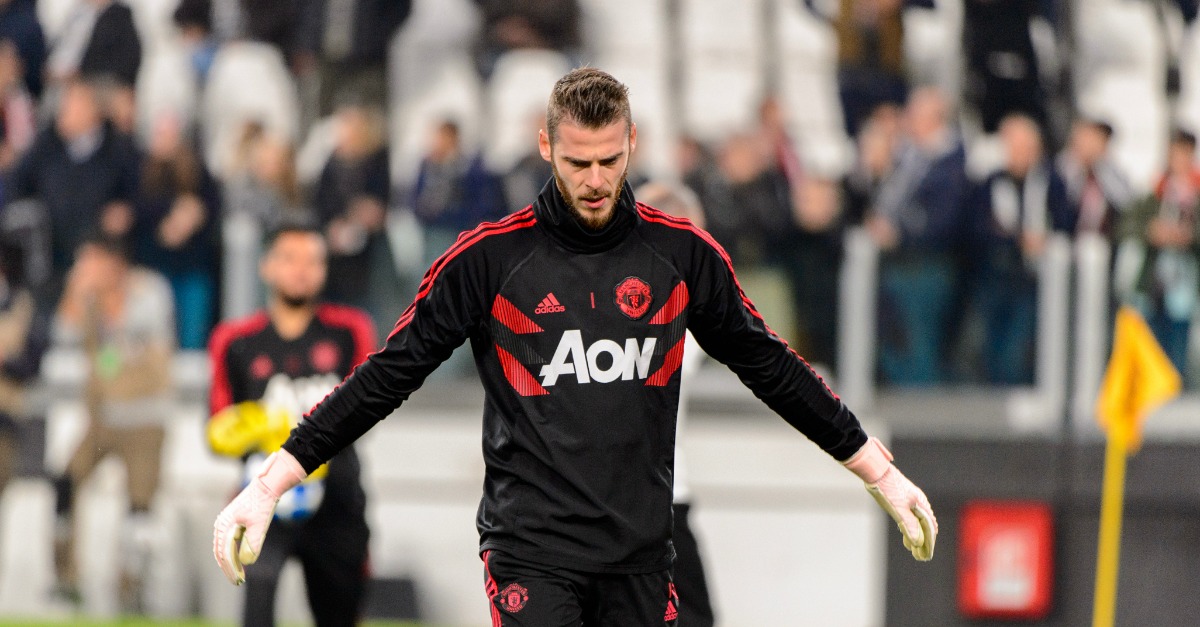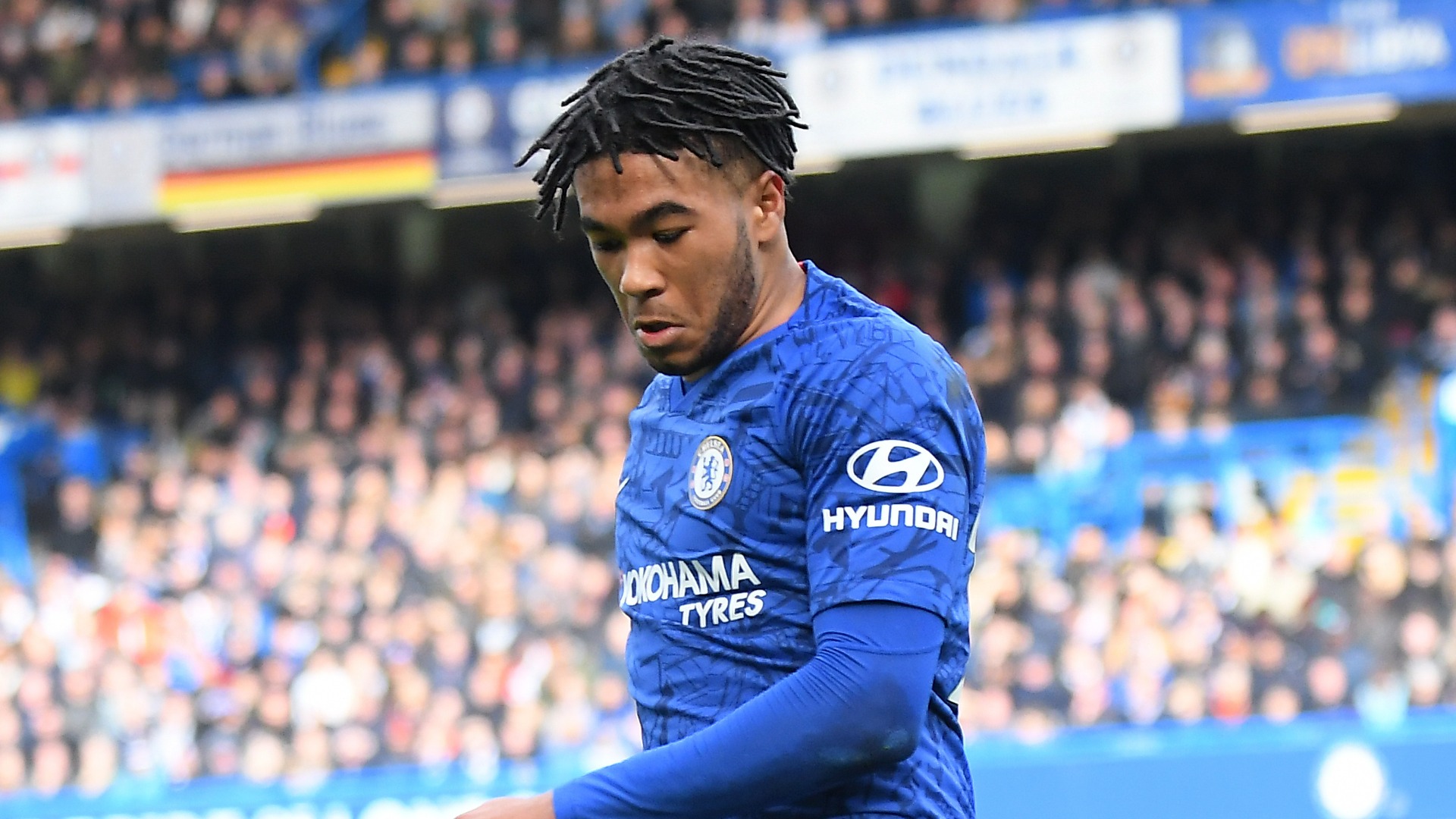FPL Team Selection Tips
To be a successful FPL Manager, you need to plan what your team is going to look like. To plan effectively, you must understand every position in Fantasy Premier League. These Fantasy Premier League team selection tips give advice for selecting the best goalkeepers, defenders, midfielders and forwards.
FPL Team Selection Tips: Goalkeepers

FPL managers can overlook the goalkeeper position. It is the worst position for point scoring, but this does not mean you should think less about who your goalkeepers will be compared to other positions.
Having two dependable goalkeepers to alternate with can be the edge you need to outscore your rivals. Especially if you are alternating them at the right time.
Do not Pick Goalkeepers only for Clean Sheets
Clean sheets are the main source of points for goalkeepers and this should always be your main priority when selecting one. When selecting a goalkeeper, it is also crucial to consider their performance in the previous season to gauge their potential for clean sheets and bonus points. However, clean sheets are not the only factor you should be considering when selecting a goalkeeper.
Bonus points can have a considerable influence on a goalkeepers score at the end of the season. For example, in the 2020/21 season, Emiliano Martínez had fifteen clean sheets and finished top of the points table for goalkeepers. Ederson had nineteen clean sheets and finished second in point scoring for Goalkeepers. Martínez scored twenty-seven bonus points compared to Ederson’s three bonus points which was why he scored more points overall.
This shows that you should never assume that the goalkeeper with the most clean sheets will get the most points. This makes the goalkeeper selection interesting because the premium goalkeepers will have less saves to make because better defences are protecting them. This will mean less bonus points.
The cheaper goalkeepers will have less clean sheets because they are behind weaker defences. However, this means they are more likely to make saves, meaning they can score more bonus points.
It is important to find the right balance when selecting your starting goalkeeper. Try targeting a talented shot-stopper who can get a sizeable number of clean-sheets for his club and has to make a few saves in matches.
Do not Captain Goalkeepers
You should never captain your goalkeeper because out of the four positions, they regularly score the least points in a season.
For example, between the 2016/17 and 2022/23 Premier League seasons, the highest scoring goalkeeper has been outscored by the highest scoring defender, midfielder and forward in six of those seasons. This usually happens because outfield players have more ways to score points in FPL with G/As. This means that outfield players are more likely to score double digit points with multiple G/As or a G/A and a clean sheet.
Goalkeepers only have clean sheets and bonus save points as ways to score points. They can score points with G/As, but this is extremely rare. Therefore, when choosing your captain every week, stay clear of goalkeepers.
FPL Team Selection Tips: Defenders

Like Goalkeepers, defenders are a low priority for FPL managers.
But as football has evolved over recent years, defenders have become more exciting options for FPL managers.
The increased expectation for defenders to contribute to attacks and not just defend has improved their likelihood of delivering double digit point hauls. With defenders being less pricey than midfielders and forwards, you can find exceptional value in the right defenders.
Prioritise Attacking Full-Backs/Wing-Backs
Between the 2017/18 and 2022/23 Premier League seasons, the highest scoring defender has been a full-back. This is because full-backs have been getting forward more to support attacks in recent years. This makes them more likely to score goals compared to centre-backs. It also makes them likely to outscore centre-backs in assists because they regularly get into crossing positions in attacks.
An example of the creativity that full-backs bring was in the 2021/22 season, where Trent Alexander-Arnold notched twelve assists, while João Cancelo and Andrew Robertson both got eleven assists.
If you have the opportunity to put in an attacking full-back in a defensively formidable team, you should jump at the opportunity because not only do full-backs have the potential of clean sheets, but also G/As.
If you Target a Centre-Back, Monitor their Set-Piece Threat and Set Piece Takers
Centre-backs usually do not get forward as often as full-backs, reducing the likelihood of G/As, but they can be valuable set piece takers. They usually enter the opposition’s box for corner kicks and indirect free-kicks, meaning they have a goal threat in these situations.
While full-backs are more reliable attacking options, centre-backs can also contribute attacking returns. Centre-backs also have a lower price range, meaning FPL managers can potentially find more value in them, and accommodate for more expensive midfielders and forwards.
When targeting centre-backs, you should look at how effective they have been in set-piece scenarios in the past. For example, Virgil Van-Dijk scored the most goals for defenders in the 2019/20 with five, finishing third overall for defenders for points scored behind Trent Alexander-Arnold and Andrew Robertson. More recently, Gabriel topped the goalscoring charts for defenders with three goals in the 2022/23 season, finishing fourth overall for defenders for points scored. This shows that while full-backs will usually get more assists and G/As than centre-backs, centre-backs are more likely to score more goals than full-backs, reinforcing their value.
FPL managers should always consider centre-backs in FPL if they offer a set-piece threat, as they are usually cheaper than full-backs meaning they could average more points per million spent (PPM).
FPL Team Selection Tips: Midfielders

The midfield category in FPL is very dense. This is because there are so many players in this category who play in different areas in the midfield. These areas include defensive midfield, central midfield, attacking midfield and the wings.
There may even be out-of-position forwards in the category if a player’s club has moved them to striker. An example of this was Marcus Rashford during the 2022-23 Premier League season, where he was playing striker for Manchester United when he was known as a midfielder on FPL.
The considerable number of midfield options in FPL is why it is rare that you see FPL managers using only three midfielders in their teams.
Instead of having more than three defenders in their teams, FPL managers usually have at least four and sometimes even five midfielders in their team because the amount of midfield options is larger than in defence.
Another reason FPL managers favour more midfielders is because the top midfielders historically outscore the top defenders in a season.
Stay away from Defensive Midfielders
If you lack experience in FPL, you may be wondering why the best defensive midfielders in the Premier League are not expensive. It’s simply because their role usually limits their chances of getting G/As. For instance, last season, even the best defensive midfielders struggled to score significant points due to their limited goal and assist contributions. Midfielders only being able to score one point for clean sheets also means that they are limited for their defensive contributions.
In the 2016/17 season, N’Golo Kanté only scored eighty-three points. He was the best player in the Premier League that season, contributing to thirteen clean sheets and winning the PFA Players’ Player of the Year award. The reason he only scored eighty-three points was because he was a defensive midfielder, meaning he only got one goal and one assist.
This shows that unless a defensive midfielder is contributing a high amount of G/As, their point scoring will be low. It also reinforces that clean sheets are not beneficial to midfielders.
If you want your midfielders to score points, stay away from defensive midfielders, as even the best in the Premier League will struggle to contribute G/As in their defensive roles.
Target Wingers, Attacking Midfielders and Out-of-Position Forwards
FPL managers should be looking at midfielders who play in more advanced roles for their clubs, as the players who play in these roles usually have the most points by the end of the Premier League season.
Between the 2016/17 and 2022/23 Premier League seasons, the top scoring midfielders in FPL have either been wingers, attacking midfielders or out-of-position forwards. This is because these players are getting into more goalscoring positions with their advanced roles, meaning they are more likely to get G/As than less attacking midfielders and score more points.
Having more G/As for more attacking midfielders also means they are more likely to score more bonus points than less attacking midfielders because G/As are more influential on scoring bonus points. Therefore, it is important to target midfielders in more advanced roles for their clubs as they carry more goal threat.
FPL Team Selection Tips: Forwards

Picking the right forwards in FPL is crucial.
Observing player form during pre-season can provide valuable insights into which forwards are likely to perform well in the upcoming season.
The players in this category are strikers, meaning that their main source of points and bonus points will be from scoring goals. This is why the top goalscoring forward in a Premier League season is usually the top points scorer for forwards in FPL.
There are factors determining the number of goals a forward will score in a Premier League season. These factors include:
• How attacking the forward’s club is.
• How good the forward’s attacking abilities are (Positioning and finishing).
• The forward’s recent form and xG data.
Target Forwards who have Penalty Duties
Having forwards who take penalties for their clubs can help score extra points for FPL managers. Having penalty-taking forwards can give you a strategic edge in mini leagues, where every point counts towards winning. You may think that penalties are uncommon in football, but over the course of a season, they can tally up if you stick to penalty takers.
Eighty-five penalties were scored by players in the 2009/10 Premier League season. This is slightly over four Premier League games per penalty scored. This meant that there were around two penalties scored per Gameweek on average.
Also, between the 2016/17 and 2022/23 season, the top scoring forwards were all regular penalty-kick takers for their clubs.
This shows that penalties are more common than FPL managers may believe, meaning that if you have a striker that is not taking penalties, then it is very unlikely that this forward will outscore a forward of a similar ability who takes penalties. Therefore, when looking for the best goal scorers, look at the penalty takers.
You can find out who takes penalties for their clubs on FPL so you know who to target.
Do not Underestimate the Non-Premium Forwards and their Player Prices
What makes FPL entertaining is that players may fall short of their expectations, while others may exceed theirs. Additionally, keeping an eye on transfer activity can help identify non-premium forwards who might benefit from new team dynamics and increased playing time. This is usually most obvious in the forward positions, where non-premiums have regularly outscored more expensive forwards.
In the 2022/23 season, Ivan Toney (7.1m) scored 182 points, while Jamie Vardy (9.1m) scored just eighty-two points.
This shows that the premium forwards are not guaranteed a strong scoring season. This means that you should always consider non-premium forwards who have a good chance of outscoring premiums for a cheaper price.
Ivan Toney is a good example of an effective non-premium striker, because he started every game for Brentford in the 2022/23 season when he was available. He is a good source for goals as he has taken penalties and free-kicks in the past.
Therefore, you should not feel the need to splash their budget on premium forwards. Of course, go for premium forwards who you believe will top the scoring charts, but also consider cheaper forwards who have the potential to exceed their expectations.

